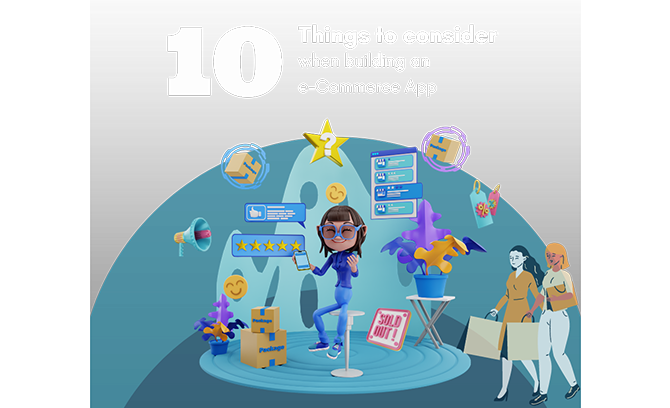Magento is a popular eCommerce platform that powers many online stores. With the increase in the number of online transactions and the growth of eCommerce, it is important to ensure the security of your online store. Security breaches can lead to loss of revenue, damage to your reputation, and even legal consequences. In this blog post, we will discuss some best practices for Magento security to help protect your online store.
Keep Magento up-to-date
One of the easiest ways to protect your online store is to keep Magento up-to-date. Magento regularly releases security patches and updates to fix any vulnerabilities found in the system. Make sure to install these updates as soon as they become available to ensure that your online store is protected.
Use strong passwords
It is important to use strong passwords for all Magento user accounts, including admin and customer accounts. Strong passwords should be at least 8 characters long and include a mix of upper and lowercase letters, numbers, and special characters. It is also a good practice to change passwords regularly and not use the same password across different accounts.
Secure your server
The security of your server is crucial to the security of your online store. Make sure to use a reliable hosting provider that offers strong security measures, such as firewalls, intrusion detection, and SSL certificates. Regularly monitor your server logs for any suspicious activity and ensure that only authorized personnel have access to the server.
Implement two-factor authentication
Two-factor authentication adds an extra layer of security to your Magento user accounts. This requires users to provide a second form of authentication, such as a code sent to their mobile device, in addition to their password. This makes it more difficult for unauthorized users to access your online store.
Use secure payment gateways
Ensure that you use secure payment gateways for all online transactions. This includes using SSL certificates, which encrypt customer data during the checkout process. Use trusted payment gateways that are PCI compliant and regularly monitor your transactions for any suspicious activity.
Limit admin access
Limiting admin access can help prevent unauthorized users from making changes to your online store. Only give admin access to trusted personnel and ensure that access is revoked when employees leave your company. It is also a good practice to limit the number of admin accounts and monitor admin activity for any suspicious behavior.
Use security extensions
Magento offers various security extensions that can help protect your online store. These extensions include malware scanners, firewall protection, and brute force attack prevention. Make sure to research and use trusted security extensions that are regularly updated to ensure maximum protection.
Educate your staff
Educating your staff on Magento security best practices is essential to maintaining a secure online store. This includes training staff on password hygiene, how to identify phishing emails, and how to recognize suspicious behavior. Regularly conduct security awareness training to ensure that staff are up-to-date on the latest security threats.
In conclusion, protecting your online store is crucial to maintaining the trust of your customers and avoiding security breaches. Implementing the best practices outlined above can help protect your Magento store and ensure the safety of your customer data. Remember to regularly update your Magento installation, use strong passwords, secure your server, implement two-factor authentication, use secure payment gateways, limit admin access, use security extensions, and educate your staff on Magento security best practices. By following these practices, you can help ensure the security of your online store and maintain the trust of your customers.
















